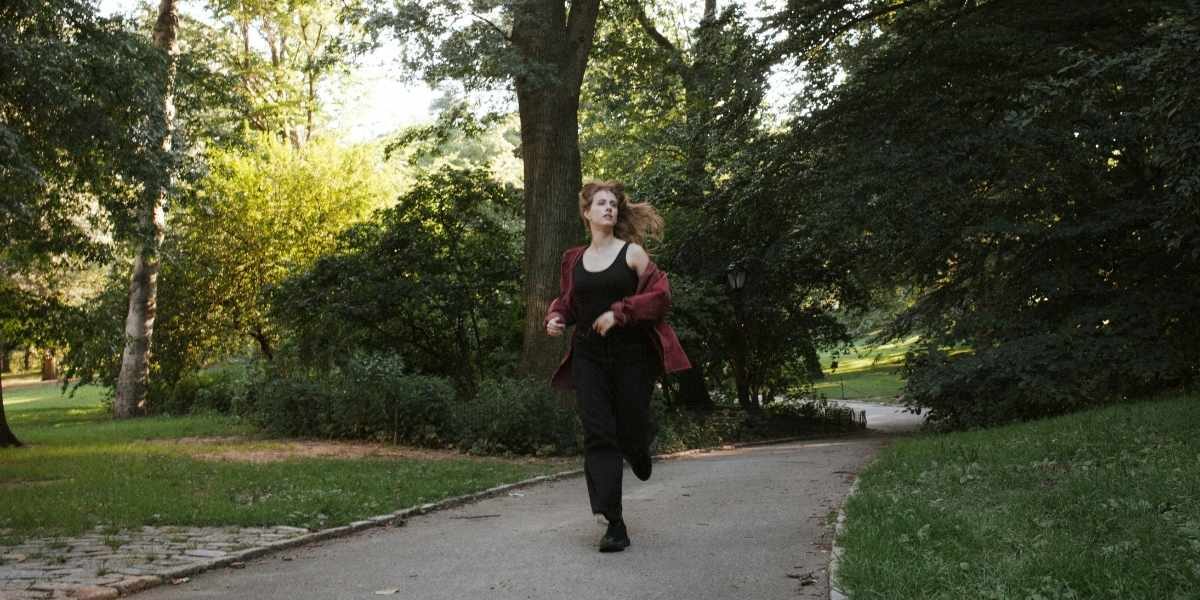There are moments in life when everything seems unclear. The goals that once felt solid suddenly fade. Motivation weakens. The path forward becomes harder to see. For many, feeling lost doesn’t arrive all at once—it builds slowly, often unnoticed, until the weight of confusion becomes too heavy to ignore.
This experience is more common than people admit. It can strike during a career shift, after a personal loss, or even during periods of success. While uncomfortable, feeling lost is not a failure. It’s a signal—a quiet call to pause, reflect, and search for renewed direction.
Read Also: Arctic Blast Hits Northern US: Travel Delays and Road Risks
What Does It Really Mean to Feel Lost?
Feeling lost isn’t always about external circumstances. Often, it begins when a person feels disconnected from their values, goals, or sense of self. The daily routine may continue, but something vital feels missing. It’s a sense of drifting—going through the motions without clarity or purpose.
This disorientation can affect more than just mindset. It can impact relationships, focus, and energy levels. Without direction, decisions feel overwhelming. Even small choices become exhausting when there’s no inner compass to guide them.
Yet beneath that discomfort is a powerful opportunity: the chance to rebuild with intention.
Why Do People Experience Feeling Lost?
There’s no single cause behind feeling lost. Life is filled with transitions, and not all of them come with clear instructions. Graduation, job changes, aging, relationship shifts—these milestones often leave people questioning what comes next.
At other times, people realize they’ve been following a path that was never truly their own. Maybe they pursued goals based on others’ expectations, or stayed in roles that once made sense but no longer fit. Over time, this quiet misalignment can lead to a sense of confusion or emptiness.
Sometimes, even positive changes can trigger this feeling. Achieving a big goal can unexpectedly prompt the question, Now what? When the thing someone worked toward is no longer in front of them, direction can vanish—leaving space for reflection.
How Can You Start Finding Direction Again?
The first step in navigating feeling lost is allowing space for honesty. It’s okay to not have the answers. In fact, recognizing that something feels off is a sign of self-awareness—not weakness. It means a person is ready to seek something more meaningful.
Start by tuning in, not out. Reflect on moments when life felt more grounded. What values were present? What routines or relationships helped build stability? Writing down these reflections often brings patterns into focus.
It’s also helpful to notice what’s missing. Is there a lack of connection? A loss of curiosity? A disconnection from purpose? Identifying the source doesn’t mean the solution arrives immediately, but it opens the door to intentional choices.
Sometimes, small steps create the biggest shifts. Trying something new, changing an environment, or simply saying yes to a different routine can spark fresh insight. When forward movement feels too big, staying curious is a good start.
What Role Do Values Play in Finding Direction?
When life feels uncertain, values act as anchors. They don’t provide instant clarity, but they offer guidance that is steady and deeply personal. Honesty, creativity, kindness, growth—whatever values resonate most can help rebuild purpose, even when the path ahead isn’t clear.
Aligning actions with values brings energy back. For example, someone who values creativity might feel lost in a routine that doesn’t allow for expression. By returning to artistic practices or seeking creative outlets, they begin to feel more aligned—even if the broader direction remains in progress.
Clarity often returns when life reflects who someone really is, not just who they’re expected to be. Feeling lost is sometimes a clue that a realignment with core values is overdue.
Can Feeling Lost Be a Good Thing?
As uncomfortable as it feels, feeling lost can mark the beginning of deep personal growth. It pushes people to slow down, question what matters, and reconnect with their inner voice. Many who go through it later describe it not as a setback, but as a turning point.
This pause creates space for reinvention. With fewer distractions, people can see what no longer fits—and start imagining what could. It’s a time to edit, simplify, and listen closely to quiet truths.
The process may not be fast or linear, but it’s often more transformative than any moment of clarity that came before. Out of the fog, new direction starts to form.
How Can You Stay Grounded During Uncertain Times?
While searching for direction, stability comes from the basics. Healthy routines, quality rest, regular movement, and connection with supportive people all help anchor the nervous system during times of change.
Journaling can be especially helpful. Writing thoughts freely helps process confusion and capture patterns over time. Revisiting those pages later often reveals growth that didn’t feel visible in the moment.
Connection matters, too. Conversations with trusted friends, mentors, or professionals can provide grounding and perspective. Others may not have all the answers, but sometimes just being heard helps someone feel less alone in their process.
Most importantly, self-compassion is key. This isn’t a race. Feeling lost doesn’t need to be fixed right away. It needs to be felt, understood, and respected as a valid part of the human journey.
Read Also: Cultivating the Entrepreneurial Mindset for Business and Life Success
What Comes After the Fog Lifts?
When direction begins to return, it usually doesn’t arrive as a grand revelation. Instead, it often shows up in quiet choices that start to feel right. A decision that brings energy. A moment of flow. A clearer boundary. These are signs that alignment is taking root.
From there, momentum builds. Confidence returns—not because all the answers are in place, but because the steps feel honest. With each small action that reflects personal truth, the path forward becomes more visible.
Life doesn’t promise constant clarity, but it does offer endless chances to begin again. Every season of feeling lost holds within it the seeds of rediscovery.








